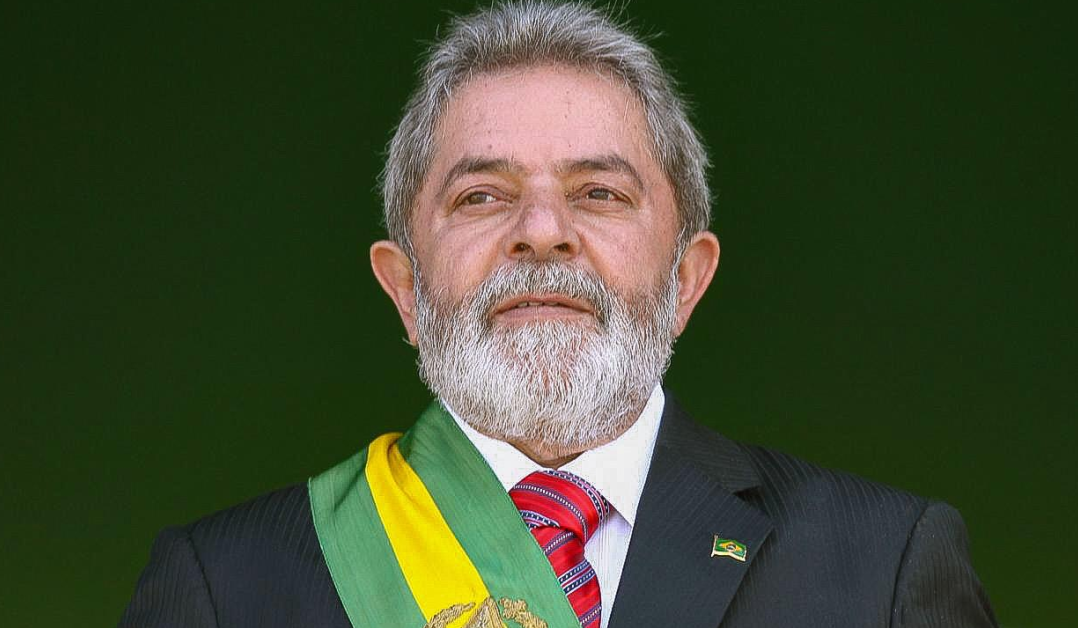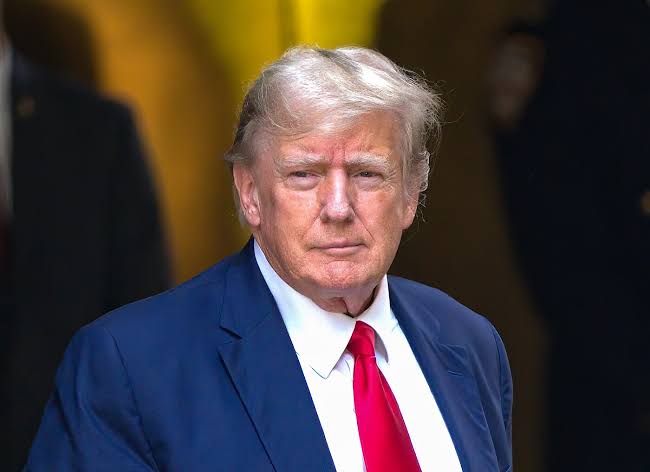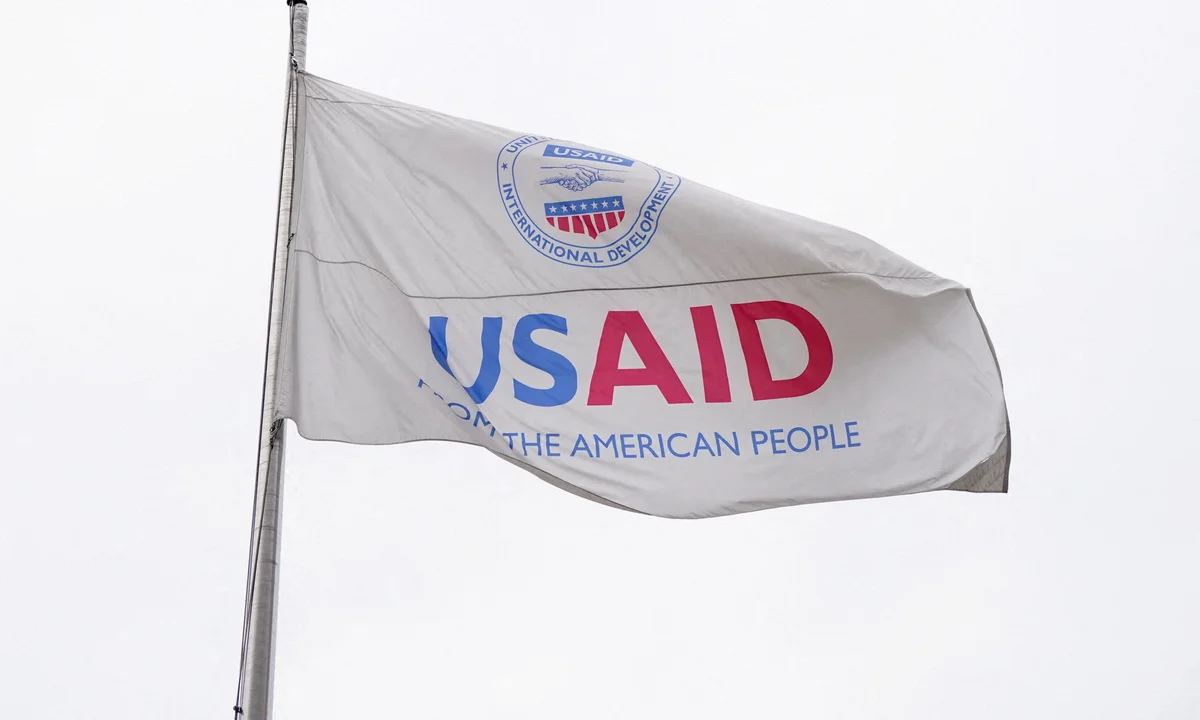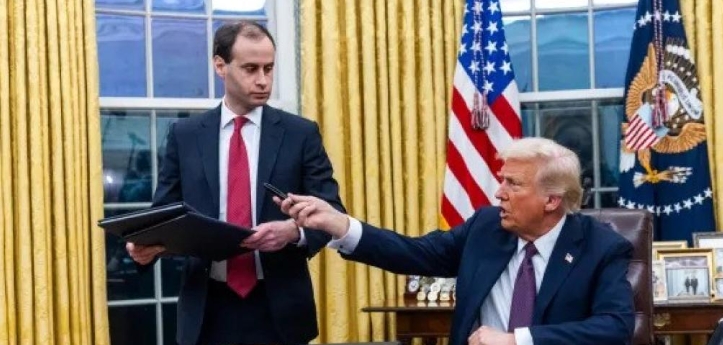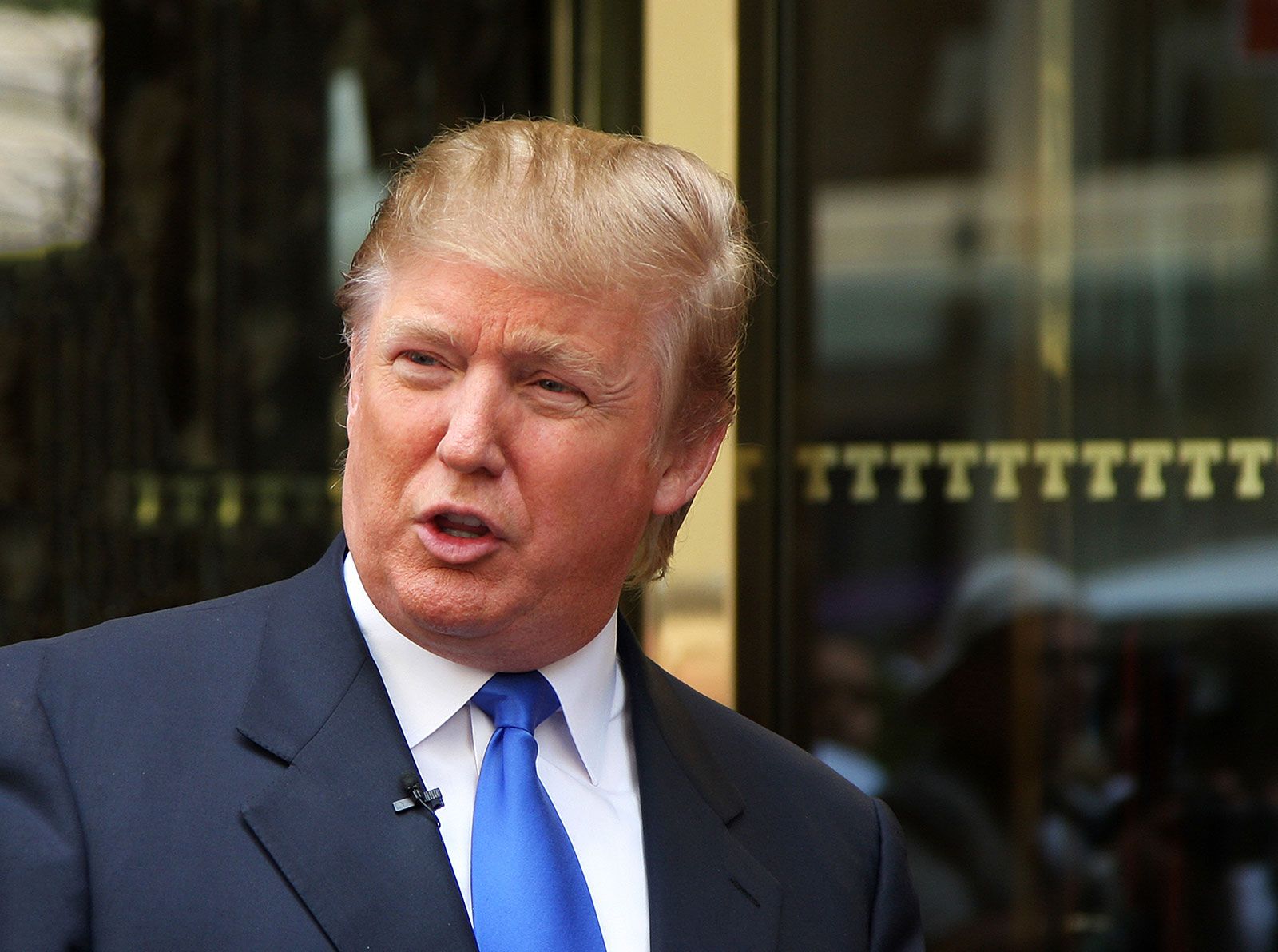President Donald Trump’s overhaul of U.S. foreign assistance has led to chaos in aid and development, leaving hundreds of contractors in a severe financial crunch.
Some aid agencies have already to lay off staff and others are facing millions of dollars in unpaid invoices.
Upon resumption of office on Jan. 20, Trump ordered a sweeping review of almost all U.S. foreign aid and tasked billionaire Elon Musk, who has falsely accused USAID of being a “criminal” organisation, with scaling down the agency.
Since then, dozens of USAID staff have been put on leave, hundreds of internal contractors have been laid off, while Musk’s so-called Department of Government Efficiency employees have gutted the agency that is Washington’s primary humanitarian arm, providing billions of dollars worth of aid worldwide.
Blanket stop-work orders that were issued by the State Department have thrown the aid industry into panic, both at home and abroad as the contractors usually front the costs and then bill the U.S. government.
For Steve Schmida, co-founder of Vermont-based Resonance, a USAID contractor for many years working in areas such as innovation, fisheries conservation and trade and investment, the issue has become an existential one after the stop-work orders.
“We had millions of dollars in invoices due to be paid that had been approved by our clients in the U.S. government..We quickly understood that this was a serious threat to our business,” Schmida said.
He began laying off and furloughing dozens of his staff as he calculated that about 90 per cent of his revenue was about to disappear.
He said that once he is done, all but about a dozen of his nearly 100 U.S.-based employees will have been impacted.
“The last 10 days have been the worst 10 days of my professional life,” said Schmida. The funding for some of his projects was granted during the first Trump administration.
An official at a USAID implementing partner, who spoke on condition of anonymity due to fear of retribution, said the company had to furlough hundreds of U.S.-based staff and were owed over 50 million dollars by the U.S. government in invoices from November and December that are past due.
Both the official and Schmida said they might have to go to court over the outstanding balances.
Many of the USAID staff and contractors have expressed shock at how quickly the administration moved to fire people only a few days before their benefits and health insurance expired.
Rose Zulliger, who worked for the President’s Malaria Initiative as a senior malaria technical advisor while a contractor for USAID, was one of them.
Zulliger work was terminated last week immediately and her benefits ended a few days later, leaving her scrambling to find insurance before her daughter’s scheduled tonsillectomy in three weeks.
“It’s not just the personal stress of I’ve lost my job… It’s also the reality that global health as we know it, and the work that we do, saving lives and also protecting Americans.
“Our work has been put on pause, and the trust and relationships that we have worked so hard (for), that are so integral to the U.S. influence in the global sphere, have all been ruptured,” Zulliger said.
In fiscal year 2023, the United States disbursed 72 billion dollars of aid worldwide on everything from women’s health in conflict zones to access to clean water, HIV/AIDS treatments, energy security and anti-corruption work. It provided 42 per cent of all humanitarian aid tracked by the United Nations in 2024.
The funding, less than 1 per cent of its total budget, is instrumental in Washington’s effort to build alliances around the world, reinforce its diplomacy and counter the influence of adversaries such as China and Russia in the developing world.
Esther Zeledon said she and her husband lost 95 per cent of their income as a result of Trump’s executive orders targeting foreign assistance and diversity measures.
Zeledon worked part-time as an institutional support contractor for USAID and also had other contracts, while her husband, Paul Rivera, was a full-time institutional support contractor for the agency.
They are unsure if they will have to move in with Zeledon’s mother and father in a couple of months and have been discussing measures such as taking money from their 401(k) retirement plan to meet payments on continuing expenses.
“It’s horrible because we had planned our entire year with our finances… there’s so much uncertainty,’’ Zeledon said.
Earlier on Monday, dozens of USAID staff, contractors and Democratic lawmakers protested outside the agency’s offices in Washington after the staffers were told that the headquarters building would be shut for the day.
Among the crowd was Amanda Satterwhite, whose job is on hold without pay after she received an order last week to cease her job as an independent contractor, where she identified local groups abroad to which USAID could steer assistance rather than U.S.-based organisations to spend more efficiently.
Satterwhite said she isn’t certain how she and her husband will make their mortgage payments and she has already begun looking for a new job, because “no one is sure in what state the aid industry is going to return.’’
